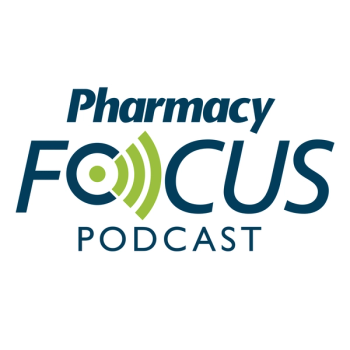
Women's Health
Latest News
Latest Videos

Podcasts
CME Content
More News
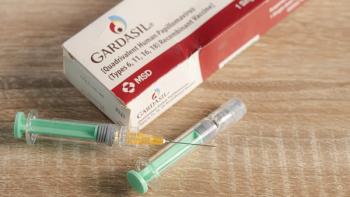
Significant challenges persist, particularly in low- and middle-income countries.
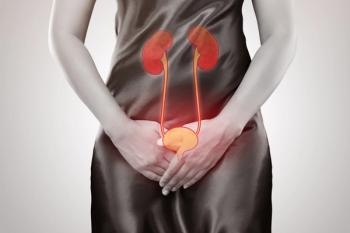
A clinical trial shows tebipenem pivoxil hydrobromide (Tebipenem HBr; Spero Therapeutics and GSK) effectively treats complicated urinary tract infections (cUTIs), potentially transforming patient care and reducing hospital costs.
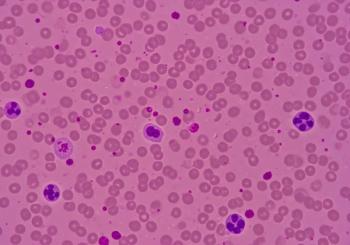
IVIG treatment significantly boosts platelet counts in pregnant people with thrombocytopenia, revealing key predictors for effective response and optimizing clinical decisions.

The risk of cardiovascular disease (CVD) was higher among those who were exposed to assisted reproductive technology.

The treatment could hold significant potential for major depressive disorder
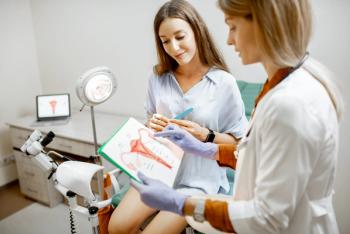
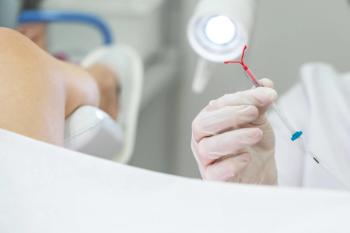
The new guidelines urge health care professionals to offer local anesthetics and other medications for intrauterine device (IUD) insertions and other gynecologic procedures.

The new at-home test aims to increase comfort and screening timeliness through a more accessible method.

With the FDA approval, avutometinib/defactinib is now the first and only FDA-approved treatment for patients with recurrent low-grade serous ovarian cancer (LGSOC).

Paula E. Voinescu, PhD, MD, emphasized the need for additional research in this area, noting it is both “surprising and upsetting.”

Research reveals that higher levels of vitamin B12, copper, and manganese during pregnancy lower midlife blood pressure and hypertension risk.


Promoting weight management prior to pregnancy and in early life may yield stronger cardiovascular and maternal health.

Panelists discuss how digital health technologies revolutionize women’s health care through telehealth, mobile apps, and remote monitoring, expanding access, personalization, and proactive medical support.

Panelists discuss how health care professionals maintain expertise in menopause management through continuous learning via medical journals, professional networks, CME programs, digital resources, and tracking emerging research and therapeutic guidelines.

Gepotidacin is indicated for female patients who are at least 12 years of age and weigh at least 40 kg with uncomplicated urinary tract infections (uUTIs) caused by certain microorganisms.

Contraceptive options have expanded since 1960, with pharmacists today playing a growing role as prescribers of contraception and studies showing the benefit of pharmacist-driven contraception clinics.

Panelists discuss how health care professionals support medication adherence through personalized strategies, communication, and technological aids, while evaluating menopause therapy effectiveness via regular assessments, standardized tools, and comprehensive patient-centered approaches.

Panelists note how medical professionals discuss menopause therapy, addressing symptoms, treatment options, safety concerns, adverse events, and personalized management strategies through patient-centered care. Professionals prioritize transparent communication, comprehensive risk assessment, and collaborative decision-making to ensure patient comfort and optimal management of menopausal transition.

Panelists discuss how health care professionals recommend lifestyle modifications, dietary changes, and OTC products to manage menopause symptoms, focusing on exercise, nutrition, stress reduction, and targeted supplements to support overall well-being during this transitional period.
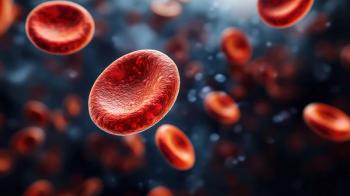
Compared with daily oral iron, a single intravenous (IV) infusion of iron was shown to lower rates of low birth weight in infants and decrease reliance on further iron supplementation or transfusions in pregnant patients with anemia.

Radon exposure during pregnancy was significantly linked to increased odds of gestational diabetes.

The authors note that this lack of inclusion can leave important safety and efficacy questions unanswered.

Levonorgestrel-releasing intrauterine devices were not found to increase women’s risks of these conditions.

Pharmacists play a vital role in supporting patients with endometriosis through guidance on treatment options and managing side effects.










